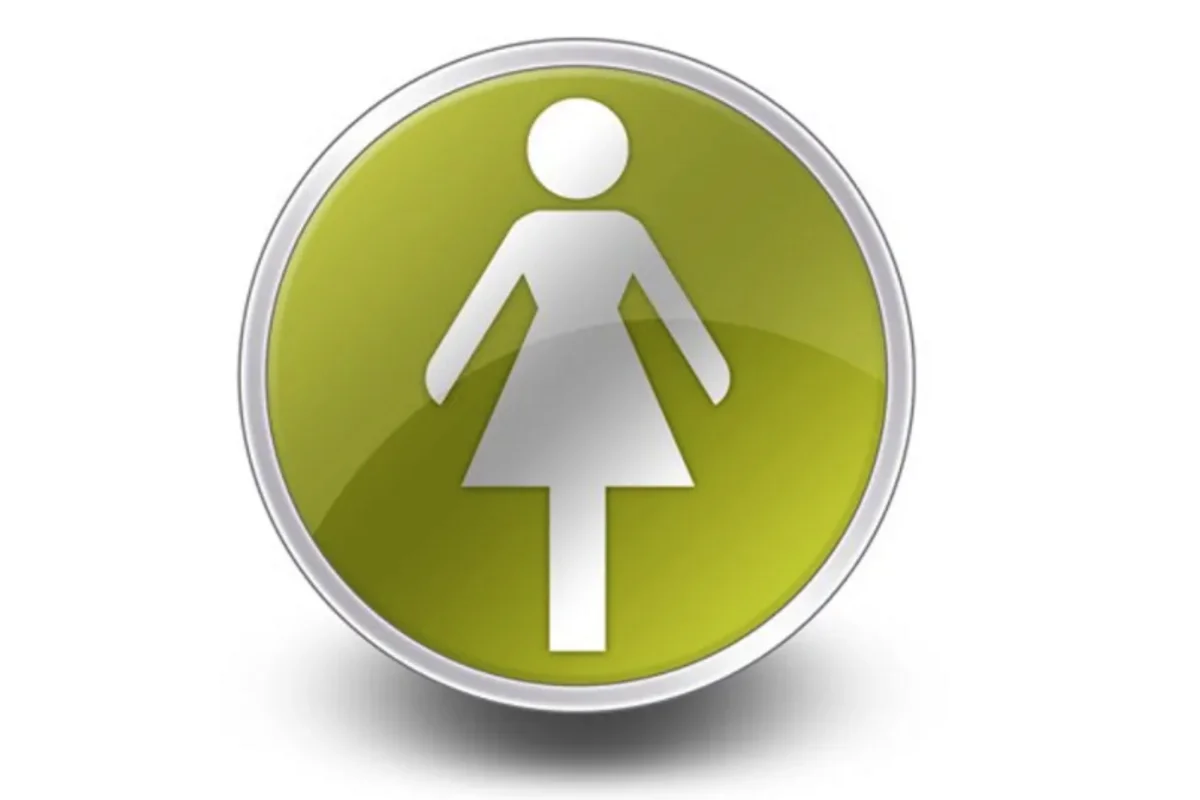
How to Deal With Constipation
These are common tips health care providers recommend to help manage constipation.
Mar 09, 2015
Jul 16, 2020
Your Health
Learn about our editorial policies

These are common tips health care providers recommend to help manage constipation.
If only it were socially acceptable, when someone asks why you are grumpy, to honestly answer, "I'm a little backed up."
Constipation is a common condition, especially among women. But that doesn't make it any easier to talk about. While it might not be your topic of choice for ladies' night out or the book club, there is at least one person who wants to hear all the details of your constipation symptoms: your health care professional. If you suffer from constipation symptoms, consider making an appointment to have a heart-to-heart about your bowel movements. Providing details about your bowel habits can help your health care professional manage your symptoms and possibly rule out potentially serious problems.
What kind of details does your health care provider want? Frequency of bowel movements is a good starting point. The typical BM schedule may vary from three times per day to three times per week, depending on the person. Many people experience occasional irregularity, but constipation is generally defined as having fewer than three bowel movements per week, having difficulty while passing a bowel movement or both.
Other signs of constipation may include straining, hard or lumpy stools or incomplete BMs. Some people with constipation also report feeling bloated or feeling abdominal discomfort. These are all important to mention to your health care provider. The consistency, color and shape of BMs also tell a revealing story about what's going on in your body, as does how long you have been having symptoms, what treatments you have tried, whether or not they had an impact and whether or not your symptoms keep coming back.
These are common tips health care providers recommend to help manage constipation:
Get moving to get things moving. Increased physical activity, such as walking or yoga, can decrease stress and improve constipation symptoms. Relaxation techniques like meditation, massage and tai chi can also be helpful. Namaste.
Keep a symptom diary. It won't be as juicy as the one you wrote when you were 12, but a symptom diary can help you identify triggers, such as certain foods or stresses, which may worsen your constipation and abdominal pain or discomfort.
Fill up on fiber. Dietary fiber may help to bulk up the stool and pull more water into the stool, both of which help make the stool easier to pass. High-fiber foods include fruits, vegetables, beans and whole grains.
Hydrate like a boss. Drink plenty of water each day to stay hydrated and promote healthy digestion.
Discuss over-the-counter treatments with your health care provider. There are several over-the-counter (OTC) remedies for occasional constipation, including laxatives and stool softeners. Always check with your health care professional before starting an OTC treatment, and keep in mind that although these products may temporarily alleviate constipation, they are not meant for long-term use.
Discuss prescription medications with your health care provider. Your health care provider may prescribe medications approved by the U.S. Food and Drug Administration to relieve constipation and certain other symptoms associated with irritable bowel syndrome with constipation (IBS-C) or chronic idiopathic constipation (CIC), which is constipation without a known cause.
The impact of constipation is not limited to the bathroom: there is data to suggest that people with constipation experience activity impairment and a loss of work productivity. In addition, one study found the annual cost of treating constipation in America was approximately $235 million. So speak openly with your health care professional to determine a path that's right for you.
You may have tried some of them already, so be sure to discuss that with your health care provider.